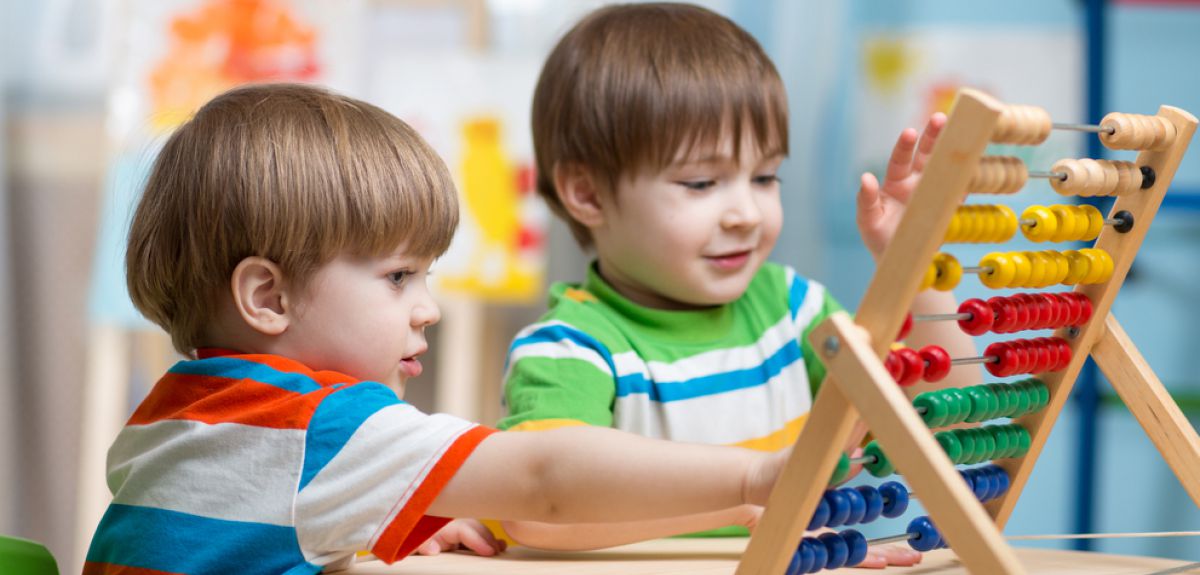Teaching English to pre-school children can be daunting for teachers new to this age group. Young children have shorter attention spans than older children and adults, and they’re still learning their mother tongue. But teaching these learners can be enormously rewarding once you’ve taken a few basic principles on board.
The importance of active learning
Active learning means fully involving children in the learning process. To achieve this, we need to provide environments that appeal to all their senses, including visual, auditory, kinaesthetic and tactile. Appropriate learning activities will include things like chants, songs, rhymes, dances, games, videos, and arts and crafts.
For instance, when learning a new word in class, children might first: hear the word (in songs or chants); repeat the word (when singing along); see the word (if they’re already ready to recognise some letters); trace the word (ideally with different materials, such as Play-Doh or wool); then produce the words (when they are asked some questions about the subject or in games that require to produce the new word).
Promoting learning through play
Play is a very significant part of what life means to children at this stage of their development. Teachers should therefore promote learning through play as much as possible. Games with flashcards, competitions, races, and so on, are among the most exciting ways in which children learn. As well as encouraging active learning, they help develop social skills.
Encouraging children’s creativity and imagination
It’s important that we help young learners develop beyond mere language abilities. Creativity and imagination are part of their learning process and they need to be promoted by the teacher. For example, you can create new songs with the help of learners by trying to use their suggestions. Arts and crafts also provide children with a good opportunity to use their imagination and creativity. But we shouldn’t insist they replicate a craft model we have prepared. Instead, allow them to go further and use their own ideas.
Developing children’s social skills
Developing social skills is also very important at this learning stage. Children need to learn to socialise with each other, applying some important values such as respect and sharing. It is essential that the teacher explains why such values are important, and then constantly remind them of their importance when conflicts appear within the classroom.
Five important tips for teachers who are new to this age group:
Establish a set of classroom rules from day one. This will help you control behaviour within the classroom. Remind them of the rules regularly.
Use procedures to organise the class. Children at this stage need to know what to do before activities begin. Remember that instructions need to be straightforward, and activities should be demonstrated (modelled) in advance.
When conflicts arise, do not panic. Show yourself at ease and approach the students at their level, making eye contact. Speak to them with a soft tone of voice.
Show enthusiasm about the activities they are going to participate in. Be part of the activities as well.
Have a set of songs, chants and quick games to hand to keep their attention. You can use them at any moment in the class to change from one activity to the other.•
